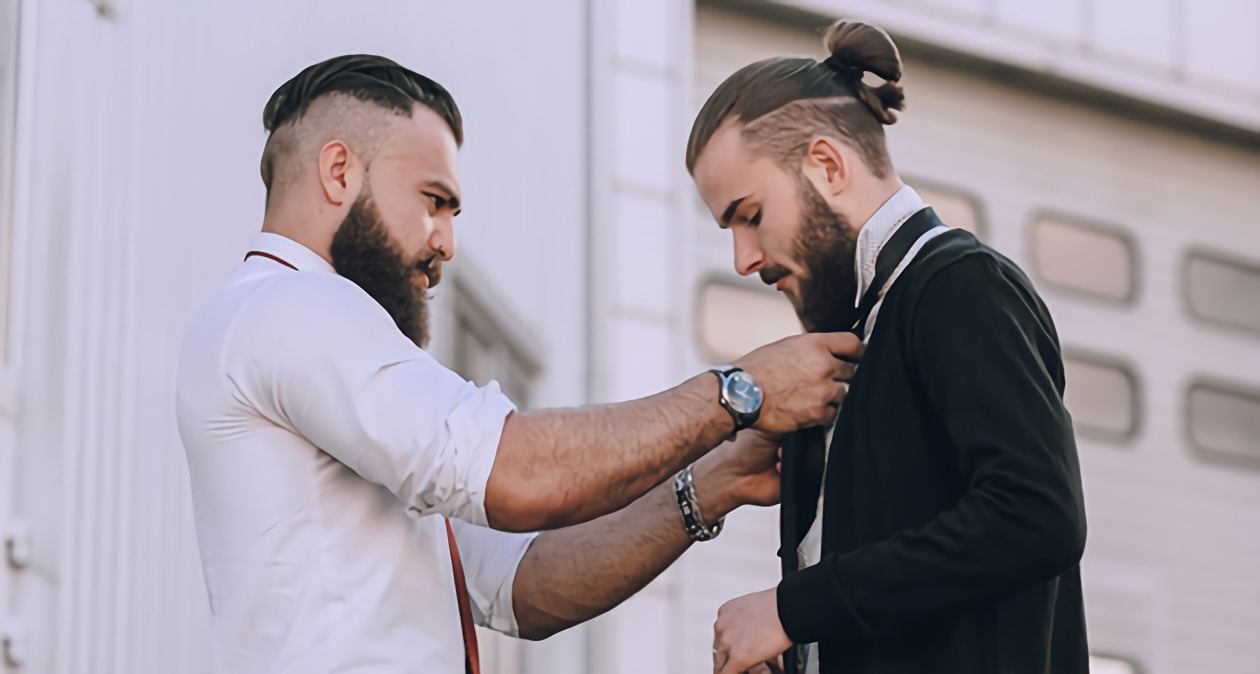TWS is a Great Training Option for Everyone
Learn more about how we can prepare you to advance your career.
You’ve completed a rigorous welding program, and now the last big step before you can consider yourself a professional welder is landing a job. The first impression you make to potential employers in a welding job interview could determine whether or not you’re hired. Use the following six tips to make sure your next interview is a success.
Prepare Your Answers
There are a wide variety of questions you could be asked when you’re interviewing for a welding job. 1 One of the best ways to prepare is to think about and answer the common interview questions. Following are three sample questions you could likely be asked:
How did you learn to weld?
Explain where you were trained and what you learned, such as which techniques and processes. Also, mention any awards or certifications you’ve received for your welding skills.
Have You Considered a Career in the Skilled Trades?
Fill out the form to recieve a no obligation info packet.
How do you maintain safety when you weld?
Point out that your safety practices are high priorities. Thoroughly explain your familiarity with safety equipment and your dedication to safety standards.
What’s the biggest challenge you’ve faced on the job?
This is a common interview question in any industry, but it often stumps candidates. Make sure you’ve thought about this question and prepared a good answer. Choose a challenging situation you’ve faced while on the job and how you resolved it.
Show Your Welding Skills
Showing your practical skills is likely to be the single most important part of your welding job interview. If you passed a welding certification test, this will not only offer you a valuable credential, but it will also give you the confidence of knowing that you’ve been deemed capable as a welder by professional accrediting standards.
Dress the Part
When you’re getting dressed for a welding job interview, be practical. You don’t need to pull a suit out of the closet and get yourself dressed up for a formal interview. Potential employers usually prefer that you dress the part by showing up for your interview in your work gear, such as a long sleeve work shirt and heavy-duty jeans or work pants. 2 You should also wear a pair of high quality work boots. In most cases, you’ll have to demonstrate your welding skills at the interview, so your clothing should be as protective as it is comfortable.
Bring Tools and Equipment
Because there is likely to be a test in your interview, you should consider showing up equipped to weld. Be sure to bring your welding jacket, a helmet, work gloves, a chipping hammer, and a grinder. 3
Learn about the Company
Potential employers might be more inclined to hire you if you show an interest in their company. Taking the time to research the company you’re interviewing with shows courtesy and professionalism. Familiarize yourself with the company’s mission statement, history, and business focus. You should also know the types of skills the job requires, such as MIG, TIG, and Fluxcore welding.
Preparation Is Key to Success
Job interviews can be nerve-racking. How often do we have to answer endless questions about ourselves and have our skills tested? However, preparation can help them go more smoothly and be less stressful. Lastly, remember to ask interviewers some questions—you want to make sure their company is right for you too.
1 – http://www.lejeunesteel.com/blog/the-21-most-common-fitter-welder-interview-questions/
2 – http://www.weldmyworld.com/blog/2012/08/how-to-prepare-for-a-welding-job-interview.html
3 – http://www.employmentsolutions.com/staffing-agency-blog/succeed-welder-interview-5-tips/
This blog has been labeled as archived as it may no longer contain the most up-to-date data. For a list of all current blog posts, please visit our blog homepage at https://www.tws.edu/blog/







